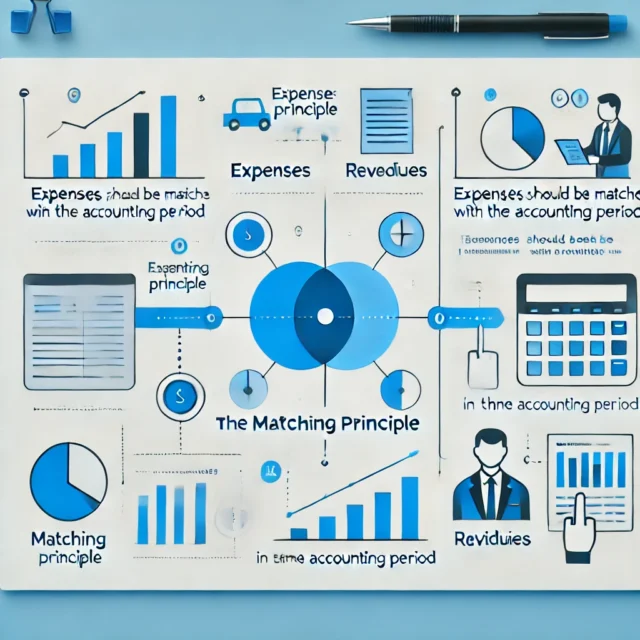Running a small business in Seattle means juggling sales, customer service and paperwork. When the year is ending, it’s easy to feel overwhelmed by tax prep. This checklist is a step‑by‑step guide to help you close your books and get ready for tax season.
Reconcile every account. Start by matching your bank and credit‑card statements with your bookkeeping records. Doing this monthly makes year‑end reconciliation smoother.
Categorize income and expenses. Go through your expense categories and ensure every transaction is tagged correctly. Misclassified expenses can lead to missed deductions or audits.
Track unpaid invoices. Send reminders for outstanding invoices before December. Getting paid before the year ends improves your cash flow and avoids bad debt write‑offs.
Gather receipts and documents. Keep digital copies of receipts, bills and mileage logs. Tools like QuickBooks Online allow you to upload photos of receipts and attach them to transactions.
Review payroll records. Check that all payroll taxes and benefits have been filed and recorded. If you use contractors, make sure you have their W‑9 forms for 1099 issuance.
Adjust inventory. Conduct a year‑end inventory count if you sell goods. Record any shrinkage or obsolete stock. The “Seattle small‑business bookkeeping checklist for year‑end taxes” should note these adjustments.
Prepare financial statements. Generate your profit and loss statement, balance sheet and cash‑flow statement. Reviewing these reports shows your business’s financial health and helps you plan for the coming year.
Meet with a tax professional. A local bookkeeper or CPA can help you check if you’re using the right accounting method and guide you on Washington tax requirements. Quality, authoritative content created for users increases site traffic and authoritymtu.edu.
By following this year‑end tax checklist for Seattle small businesses, you’ll save time, reduce stress and be ready for tax season.

Need help? Call us at 425-465-8239 for a free consultation.







